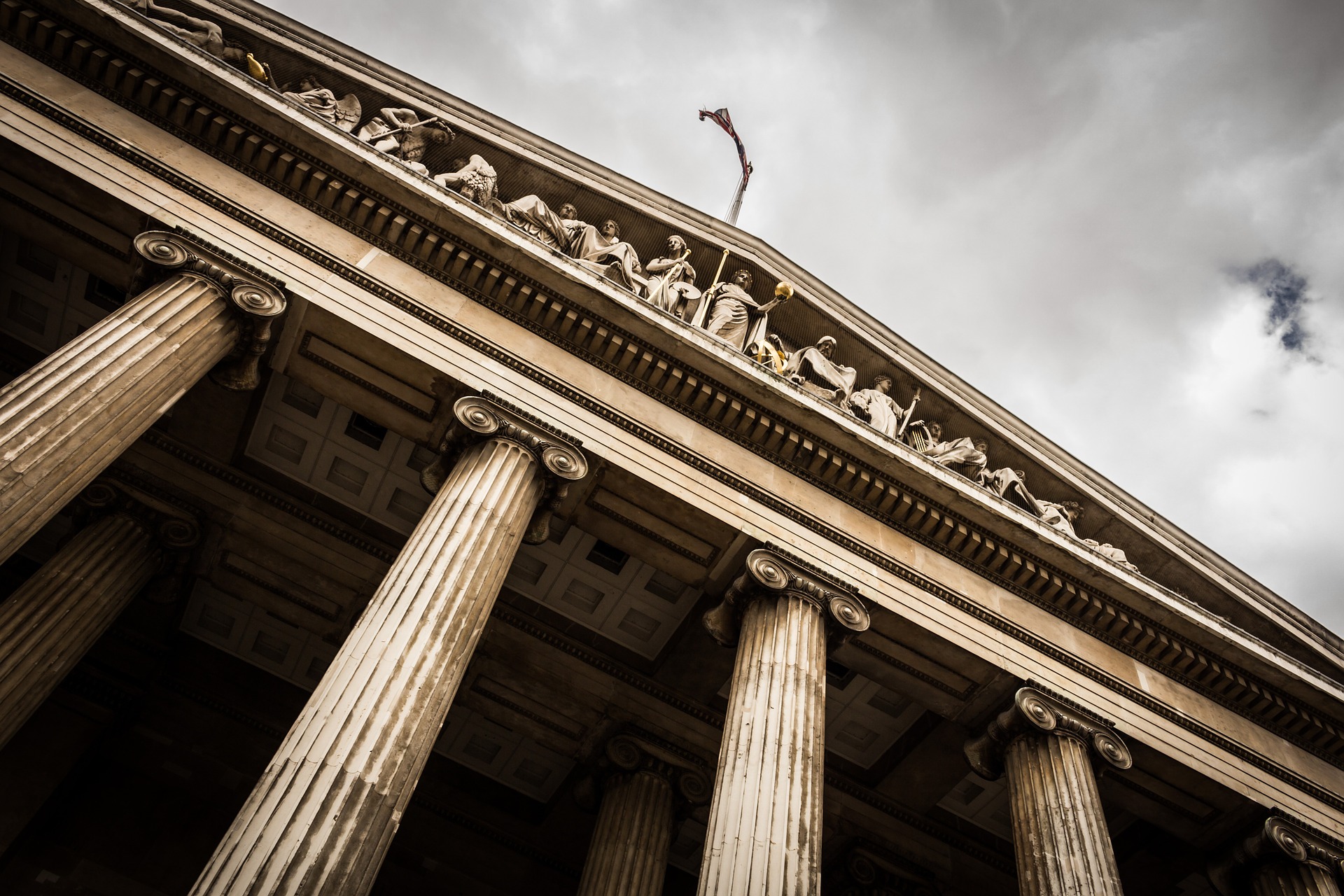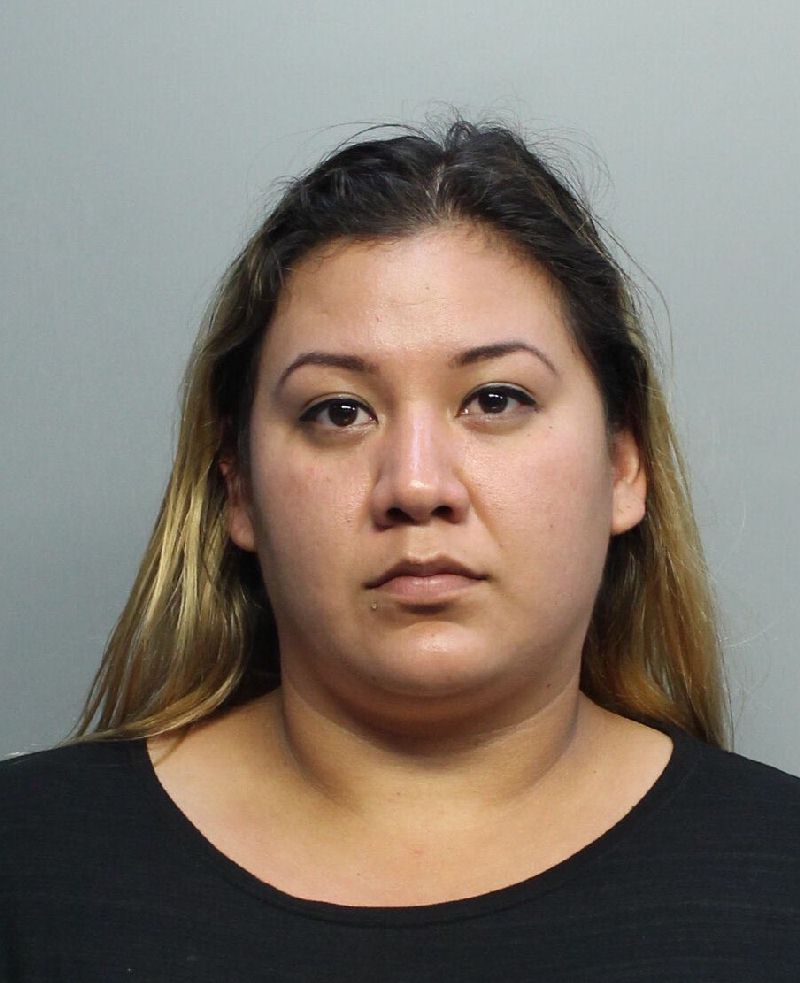Uncovering The Secrets Of Broward County Public Records
Hey there, friend! Ever wondered what's hidden in those mysterious Broward County public records? Well, buckle up because we're diving deep into this topic and uncovering everything you need to know. Whether you're researching a property, tracking down court cases, or just curious about what the law has to say, Broward County public records have got your back. Stick around, and let's explore together.
Public records in Broward County are more than just dusty old files sitting in some government office. They're a treasure trove of information that can help you with everything from legal matters to personal curiosity. If you're new to this world, don't worry; we'll break it all down step by step. By the end of this article, you'll be a pro at navigating Broward County's public records.
So why are Broward County public records such a big deal? It's simple: transparency. These records give you access to crucial information that affects your life, whether it's property ownership, criminal records, or even marriage licenses. Understanding how to use them effectively is like having a superpower in today's data-driven world. Let's get started!
Read also:Lorain Ohio Deaths A Closer Look At The Stories Behind The Numbers
What Exactly Are Broward County Public Records?
Let's start with the basics, shall we? Public records in Broward County are official documents maintained by local government agencies. These records include everything from property deeds and court cases to birth certificates and marriage licenses. The purpose of these records is to ensure transparency and accountability within the government. Think of them as a public ledger where all important transactions are documented.
One of the coolest things about Broward County public records is that they're accessible to everyone. Whether you're a lawyer, journalist, or just a curious citizen, you have the right to view and request these documents. This openness promotes trust between the government and the people it serves. Plus, it's pretty empowering to know that you can dig into the details of almost any legal matter in the county.
Now, here's the kicker: not all records are created equal. Some are available online, while others require a trip to the local courthouse. We'll dive deeper into how to access these records later, but for now, just know that Broward County has made significant strides in digitizing its records, making them easier to find and use.
Why Should You Care About Broward County Public Records?
Alright, let's get real for a moment. Why should you even bother with Broward County public records? Well, here's the deal: these records can make a huge difference in your life. Imagine you're buying a house and want to ensure there are no hidden liens on the property. Or maybe you're hiring someone and want to check their background. Heck, you might even be curious about your neighbor's legal history. Public records can help with all of that and more.
But wait, there's more! Public records aren't just for personal use. Businesses rely on them to verify ownership, assess risks, and even conduct market research. Journalists use them to uncover stories and hold powerful people accountable. In short, Broward County public records are a tool that anyone can use to make informed decisions.
And let's not forget about the big picture. By accessing and using public records, you're exercising your rights as a citizen. It's a way to stay informed, protect yourself, and even contribute to a more transparent society. So, yeah, they're kind of a big deal.
Read also:Obituaries Of Beaver County A Heartfelt Journey Through Lives Remembered
Types of Public Records in Broward County
Now that you know why public records matter, let's talk about the different types you'll find in Broward County. Spoiler alert: there's a lot! Here's a quick rundown:
- Property Records: These include deeds, mortgages, and property tax assessments. If you're buying or selling a house, these records are essential.
- Court Records: From criminal cases to civil disputes, court records provide a detailed look at legal proceedings in the county.
- Vital Records: Birth certificates, marriage licenses, and death certificates fall under this category. They're crucial for personal and legal purposes.
- Business Records: Need to verify a company's registration or check for liens? These records have got you covered.
- Criminal Records: If you're conducting a background check or researching a legal case, criminal records are where you'll find the info.
Each type of record serves a specific purpose, and knowing which one to use can save you time and hassle. For example, if you're looking into a property's history, you'll want to focus on property records. But if you're investigating a legal dispute, court records will be your go-to source. Makes sense, right?
How to Access Broward County Public Records
So, how do you actually get your hands on these records? Lucky for you, Broward County has made it pretty straightforward. Here's your step-by-step guide:
Online Access
First things first: check out the Broward County official website. They've got an online portal where you can search for many types of public records. All you need is some basic info, like a name or address, and you're good to go. It's like shopping for information, but way more useful.
In-Person Visits
If you prefer the old-school approach, you can always visit the local courthouse or clerk's office. Bring some ID and be prepared to pay a small fee for copies. While it might take a bit longer, there's something satisfying about flipping through actual paper records.
Pro tip: if you're planning a visit, call ahead to confirm hours and requirements. You don't want to show up only to find out they're closed for the day!
Challenges in Finding Public Records
Let's face it: not everything is as easy as it seems. While Broward County has made great strides in making public records accessible, there are still some challenges you might face. Here's what to watch out for:
- Digitization Gaps: Not all records have been digitized yet, so you might need to dig through physical files.
- Privacy Restrictions: Some records are restricted due to privacy laws, especially those involving minors or sensitive information.
- Search Fees: Depending on the type of record, you might have to pay a fee to access or copy documents.
But don't let these hurdles discourage you. With a bit of patience and persistence, you can overcome most obstacles. And hey, if all else fails, you can always reach out to the county clerk's office for guidance. They're usually happy to help.
Using Public Records for Personal and Business Purposes
Now that you know how to find public records, let's talk about how to use them. Whether you're a individual or a business owner, public records can be an invaluable resource. Here are a few examples:
Personal Use
For personal matters, public records can help you:
- Verify property ownership before buying a house.
- Check someone's criminal background before hiring them.
- Research your family history through vital records.
Business Use
On the business side, public records are equally important. They can help you:
- Conduct due diligence on potential business partners.
- Assess market trends by analyzing property sales data.
- Verify the legitimacy of a company before entering a partnership.
As you can see, the applications are endless. The key is knowing what you're looking for and how to use the information effectively.
Legal Considerations and Privacy Concerns
Before we move on, let's address the elephant in the room: privacy. While public records are, well, public, there are still rules and regulations governing their use. Here's what you need to know:
- Privacy Laws: Certain records, like those involving minors or sensitive health information, are protected by privacy laws. Always respect these restrictions.
- Commercial Use: If you're using public records for commercial purposes, make sure you comply with all applicable laws and regulations.
- Ethical Considerations: Even if a record is public, think twice before sharing sensitive information. Respect people's privacy whenever possible.
By staying informed and using public records responsibly, you can avoid legal headaches and maintain your integrity. It's a win-win situation!
Case Studies: Real-Life Examples of Public Records in Action
To give you a better idea of how public records can impact real life, let's look at a couple of case studies:
Case Study 1: Property Dispute
Meet Sarah, who recently discovered a lien on her property. By accessing Broward County public records, she was able to track down the source of the lien and resolve the issue before selling her house. Without those records, she might have lost thousands in the sale.
Case Study 2: Background Check
Then there's John, a small business owner who used public records to conduct background checks on potential employees. One candidate had a criminal record that John wasn't comfortable with, so he made an informed hiring decision. Thanks to public records, John avoided a potentially costly mistake.
These stories illustrate the power of public records in everyday situations. Whether you're dealing with property, employment, or legal matters, these records can make all the difference.
Future of Public Records in Broward County
As technology continues to evolve, so does the way we access public records. Broward County is already making strides in digitizing its records, but there's still more to come. Here's what the future might hold:
- Improved Online Portals: Expect more user-friendly interfaces and faster search capabilities.
- Expanded Access: As more records are digitized, it'll be easier to find the information you need from anywhere.
- Enhanced Security: With the rise of cyber threats, expect stronger measures to protect sensitive information.
While change can sometimes be slow, the trend is clear: public records are becoming more accessible and secure than ever. Exciting times ahead, right?
Conclusion: Your Broward County Public Records Journey
Well, there you have it, folks! Broward County public records are a powerful tool that can help you with everything from personal matters to business decisions. By understanding how to access and use these records, you're empowering yourself to make informed choices. Remember, knowledge is power, and public records are your key to unlocking it.
Before you go, here's a quick recap:
- Public records in Broward County include property, court, vital, and business records.
- You can access them online or in person through the county clerk's office.
- Always respect privacy laws and use records responsibly.
- The future of public records is bright, with more digitization and improved access on the horizon.
So, what are you waiting for? Start exploring those Broward County public records today! And don't forget to share this article with your friends and family. Knowledge is meant to be shared, after all. Happy hunting!
Table of Contents
- What Exactly Are Broward County Public Records?
- Why Should You Care About Broward County Public Records?
- Types of Public Records in Broward County
- How to Access Broward County Public Records
- Challenges in Finding Public Records
- Using Public Records for Personal and Business Purposes
- Legal Considerations and Privacy Concerns
- Case Studies: Real-Life Examples of Public Records in Action
- Future of Public Records in Broward County
- Conclusion: Your Broward County Public Records Journey


